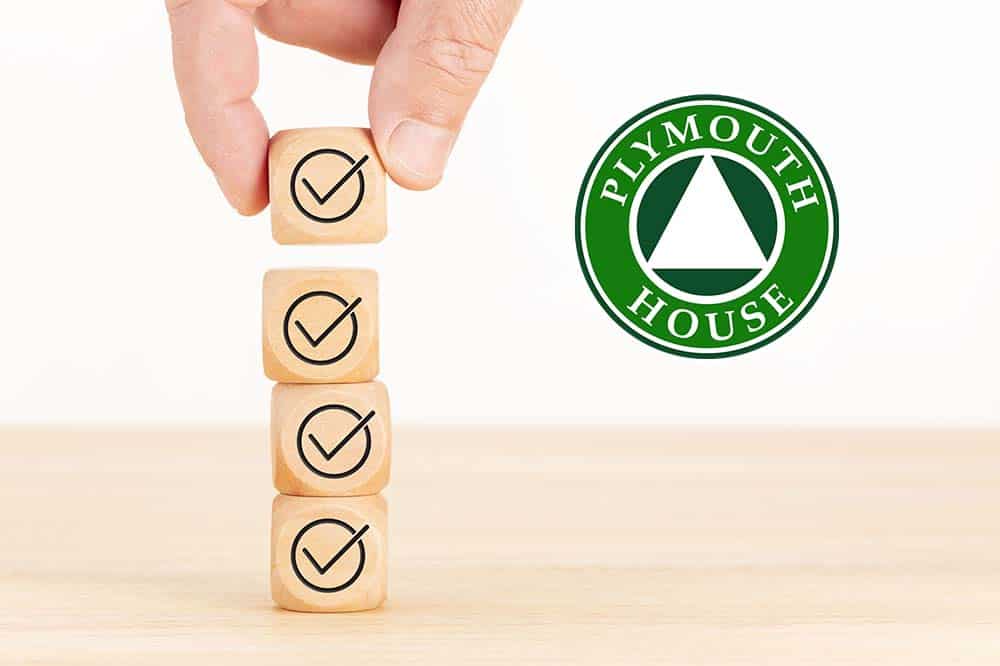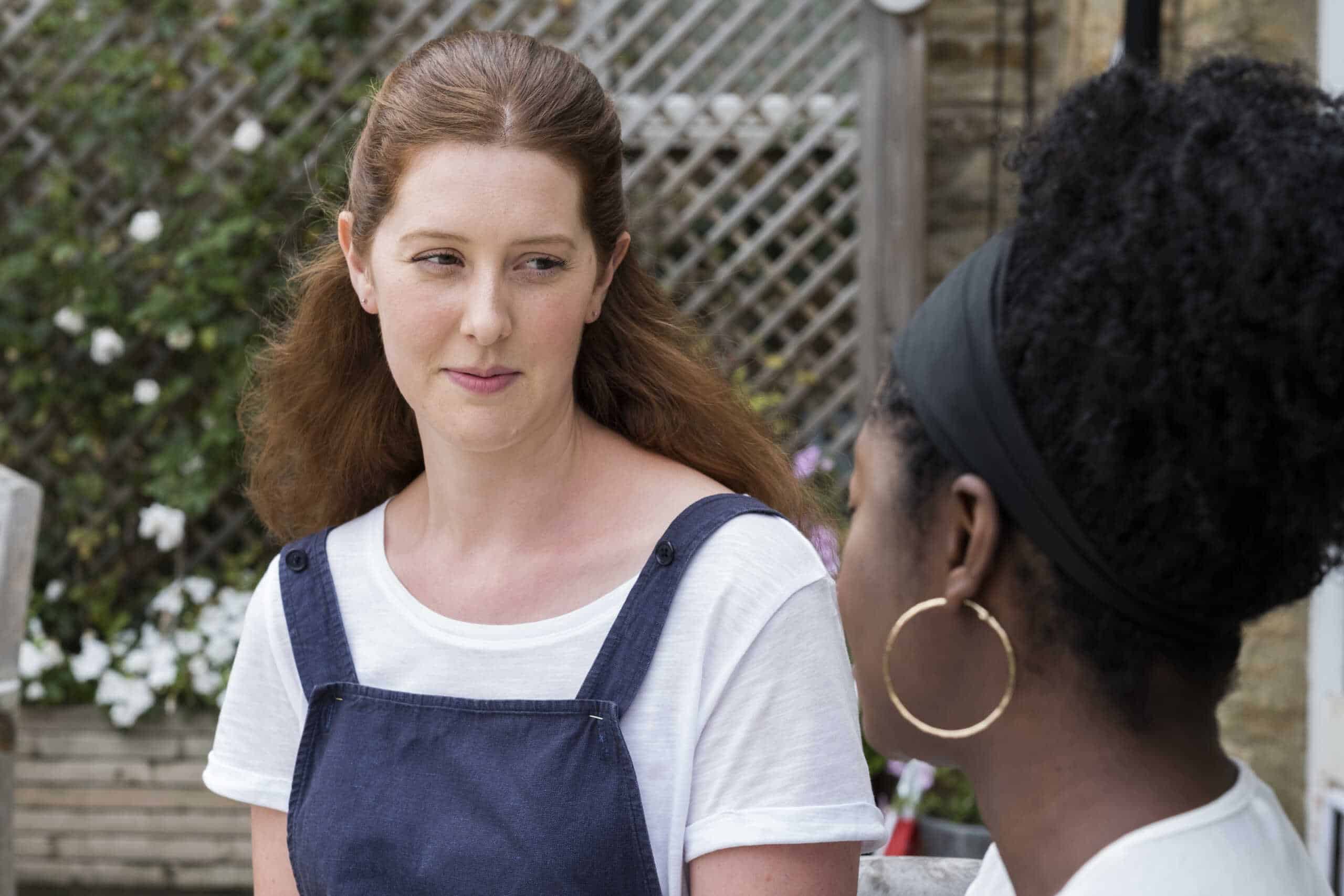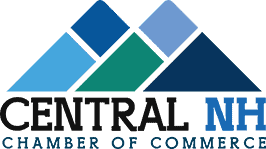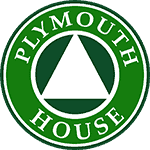Substance use has become a serious cause for public health concern in the United States. Substance use includes the inappropriate use of legal substances such as alcohol, tobacco, and prescription medications, or illegal substances. Approximately half of those living in the United States, 12 years of age or older, reported that they have engaged in the use of a substance. (1) Approximately 20.4 million individuals were diagnosed with a substance use disorder in 2022. (2) Of those individuals, only 10.3 percent received substance use disorder treatment. (3) With proper substance use treatment, hopefully these statistics can be reduced over time. Having access to more local addiction treatment services can make effective treatment more accessible for all individuals.
Here at The Plymouth House, we are dedicated to providing comprehensive treatment options for individuals finding it difficult to control their substance use. Utilizing the 12-Steps of recovery to help individuals transform their lives, we provide medical and therapeutic interventions. Additionally, we provide various levels of care to meet each individual’s specific treatment needs. Contact us today to learn more information and to get started.
Reduced Barriers to Accessing Treatment
Treatment barriers are obstacles that hinder an individual’s access or completion of treatment. The obstacles associated with treatment barriers can be reduced when individuals have access to local substance use treatment. (4)
Common treatment barriers that are associated with addiction treatment include: (5)
- Being in denial regarding one’s substance use.
- Believing that treatment may not be beneficial.
- Not being interested in receiving treatment.
- Not being able to afford the cost of addiction treatment.
- An individual’s socioeconomic status.
- An individual’s geographical location or not having local access to treatment.
- Not having the time to attend addiction treatment due to one’s work obligation or other important responsibilities.
- Not wanting to deal with the stigma associated with substance use or addiction treatment.
Not having the access of receiving treatment for co-occurring substance use and mental health disorders that may be contributing to negative behaviors or consequences.
Benefits of Being Close to Home With a Support Network
Having a support system is beneficial when receiving treatment for dependency or addiction to a substance. Being geographically near close friends and family can help ensure that an individual has the necessary support system needed to get them through the recovery process.
The Role of Family & Community Support in Addiction Recovery
Research has found that family support can help improve an individual’s overall treatment outcomes. (6) The family of individuals who engage in substance use are heavily impacted by their loved ones’ addiction. Providing that individual with support can improve the overall well being of the substance user, and their family members as well. Here at The Plymouth House, we offer family therapy to help each family member have the opportunity to openly discuss their feelings, and develop effective communication techniques. Additionally, we provide family workshops to help family members gain psychoeducation and process how addiction has impacted their lives.
Sense of Community & Belonging in Local Addiction Treatment
Having a sense of community is a psychological phenomenon that is defined by experiencing feelings of connectedness, group membership, and the fulfillment of one’s needs. (7) Not having a sense of belongingness can result in those seeking treatment to feel alone or not accepted. Having a sense of belonging provides those receiving treatment with a community of individuals who can encourage them and provide them with motivation to continue a sober lifestyle. The Plymouth House offers group therapy sessions to allow each individual the opportunity to connect with others who are experiencing similar obstacles and life circumstances.
Access to Aftercare Services & Ongoing Support
Aftercare services provide each individual with a plan to help maintain their sobriety after being discharged from a local addiction treatment program. Each individual works with a case manager to develop a plan that meets their individual needs. Research has found that those who traveled 10 miles or less from their home for substance use treatment were twice as likely to utilize aftercare services. (8)
Factors that are considered here at The Plymouth House when developing an aftercare plan include:
- The level of care that the individual is currently receiving.
- The severity of the individual’s substance use disorder.
- The presence of any mental health concerns or diagnoses.
- A history of substance use treatment or periods of relapse.
- Whether or not an individual family has been involved in the addiction treatment process.
- An individual’s current financial state or whether or not they possess health insurance coverage.
- Whether or not an individual has any plans of entering into a lower level of substance use care.
Greater Likelihood of Long-term Recovery & Sobriety in Local Treatment
Maintaining recovery can be a long process that requires discipline. Attending a local treatment center can help an individual reach their long-term recovery goals. This is due to the individual having easy access to various treatment options. Of those who receive substance use treatment, approximately two-thirds relapse at some point. (9) The Plymouth House offers relapse prevention training to ensure that each individual is equipped with the tools needed to continue their sobriety long-term.
Flexibility of Local Outpatient Addiction Treatment Programs
Attending a local addiction treatment program provides those receiving treatment with more flexibility regarding outpatient treatment. Outpatient treatment is often the longest phase of an individual’s treatment journey. Outpatient addiction treatment can be attended multiple times a week, once a week, biweekly, or monthly, depending on the individual’s needs. Being able to attend an outpatient treatment program that is local to an individual’s residence, increases one’s likelihood of being consistent with treatment.
Reduced Costs of Local Addiction Treatment
According to the National Institute on Drug Abuse (NIDA) the United States spends approximately $600 billion every year due to substance use. Substance use treatment can also be pricey for the individual receiving it. (10) Financial limitations are one of the most common barriers that interfere with or impede an individual from receiving proper addiction treatment. Attending a local addiction treatment program can help reduce the cost of treatment. Not having to travel long distances to and from a treatment center is one benefit to receiving treatment from a local addiction treatment facility can be beneficial. The Plymouth House offers various treatment options, making it a convenient place to receive all of your treatment needs.
Insurance Coverage & Payment Options Available Locally
Being able to afford addiction treatment can be a concern for many individuals. Health insurance coverage can help cover the cost of local addiction treatment. Many treatment centers allow individuals to use their own funds, or combine their funds with their insurance coverage plan, in order to cover the entire cost of treatment. Local addiction treatment centers may even offer payment plans to help break down costs and make treatment more affordable. Here at The Plymouth House, we can offer you a free, no obligation insurance benefits check to help determine which of our treatment options is covered by your health insurance plan.
We Are Here For You
Let Us Help You Heal
Our Drug & Alcohol recovery services are second to none.
Learn how we can help by speaking with one of our Treatment Advisors today.
Our Simple Admissions Process
If you or someone you know are having difficulties controlling substance use, attending a local treatment center may be beneficial. Here at The Plymouth House, our evidence-based treatment programs can help you or someone you love develop adaptive coping techniques needed to reach sobriety. Contact us today to speak with one of our Treatment Advisors who will help guide you through our simple admissions process. Recovery is possible here at The Plymouth House.
Get Started Now
Give us a call 24/7
(888) 693-1927
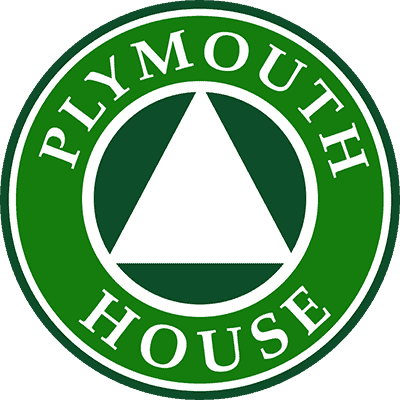

Reviewed for accuracy by:
Russell Beebe MLADC, LCMHC
Russell is a Master Level Alcohol and Drug Counselor (MLADC) and Licensed Clinical Mental Health Counselor (LCMHC) with over 11 years experience treating individuals with substance use and co-occurring disorders. Russell was inspired to get into the field after his experience as a resident at The Plymouth House in 2008.


